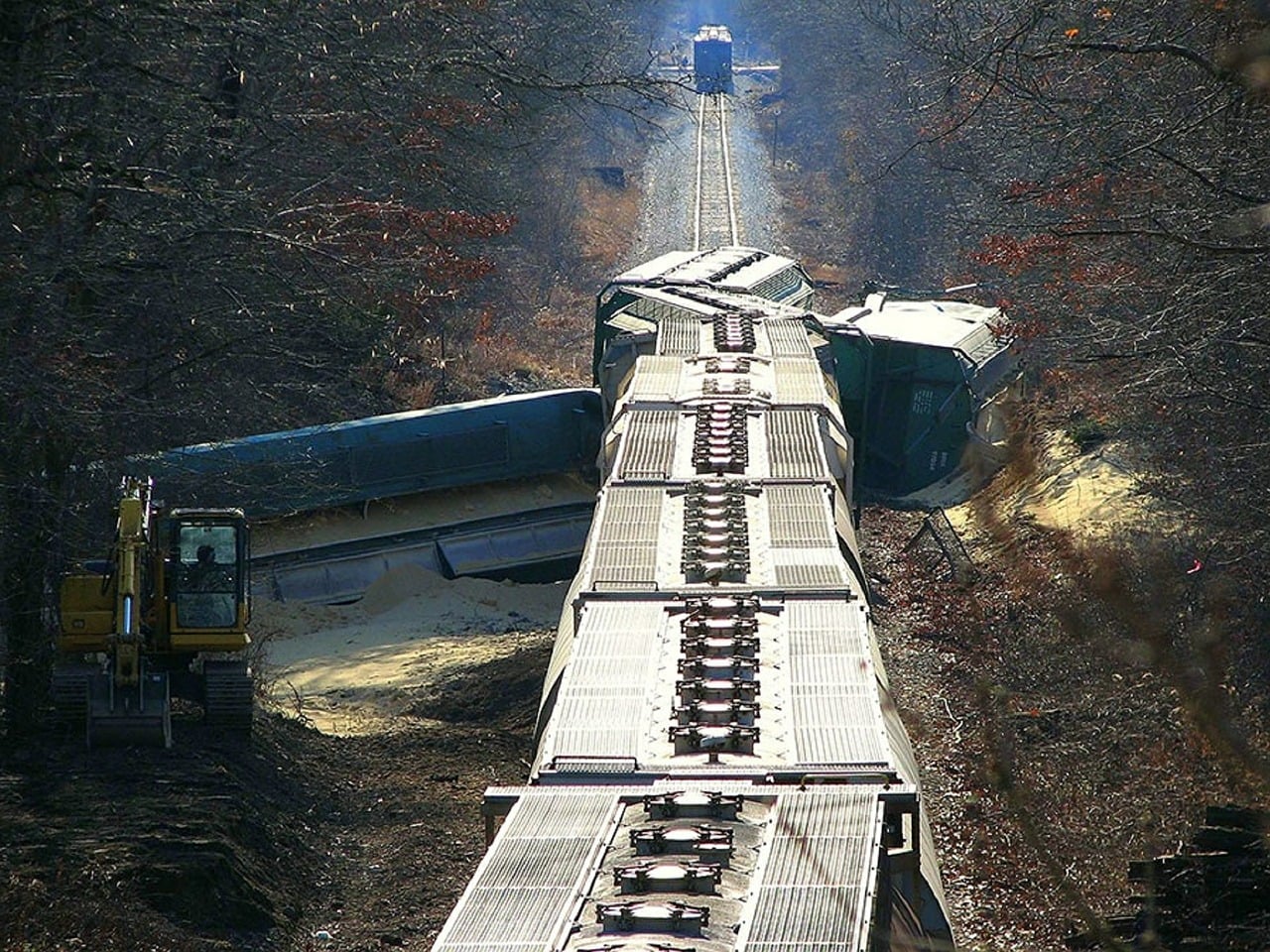Valuation-Informed Indexing #396
By Rob Bennett
I wrote a column a few weeks back titled “Fama Gave Us a Beautiful Car with a Powerful Engine, Shiller Provided the Brakes.” I believe that the point made by that column is an important one and I came up with the mental exercise prompted by the title of this one as a means of expanding on the point a bit.
Would you prefer to see stock prices double or drop by 50 percent over the next 12 months?
I would prefer to see prices fall by 50 percent. Stocks are today priced at two times fair value. I believe that it is the market’s job to set prices properly and that sooner or later it must perform that function. So I don’t trust high prices to stay around for very long. So long as prices are as far off the mark as they are today, millions of people do not know how much wealth they actually possess and thus cannot engage in effective financial planning. So I see today’s high valuation levels as a big negative. I believe that we all would be better off if prices fell hard enough to bring the P/E10 level to 15 or so.
I don’t get the sense that there are too many investors who agree with me on that one.
Buy-and-Holders believe that the market does a good job of getting prices right. So they don’t worry that today’s prices are too high. And they wouldn’t worry even if prices went much higher. If prices were to double over the next 12 months, Buy-and-Holders would take that as a signifier that the economy had done very well indeed over that time. So they would see the change as a good thing. And of course they would be happy that their portfolio values were larger.
The problem that I have with the idea of taking joy in price increases is that there is no end to it. If it would be a good thing for prices to double, wouldn’t it be an even better thing for prices to triple? Or to quadruple? There is no point at which the logic employed by Buy-and-Holders would ever reject a price increase as being just too darn big. In the Buy-and-Hold world, the market is rational. That is the core assumption. If the market decides that it is proper for prices to quadruple, then it is proper for prices to quadruple. The market is all wise. The market decides.
We are the market. That’s my concern. We are emotional creatures. It seems entirely possible to me that we could decide to increase stock prices to a point at which further increases are no longer in out best interest. And with no way to recognize the point at which further price increases become a negative, we would just keep stepping on the gas as things got more and more out of control.
Shiller’s research adds a brake to the runaway car. Shiller’s research shows that, when prices rise above fair-market levels, they always fall back, and, when prices drop to levels below fair-market levels, they always rise back, We can enjoy annual gains of 6.5 percent real because those sorts of gains are rooted in economic realities and are lasting. But we cannot put our trust in gains above those amounts. Gains above those amounts are temporary. They are gains that we emotionally choose to borrow from future gains and that of course cause us to experience regret when the time comes for paying them back.
Is it possible to time the market?
Of course!
When prices double, you can count on them to fall in days to come. And when prices fall by 50 percent, you can count on them to rise in days to come. You cannot say when it will happen because the process is governed by shifts in investor emotions and emotional phenomena are not entirely predictable. But you can say that it will happen sooner or later. It always has. And, if the market is to continue to remain functional, it always must. Cars that lack brakes don’t remain on the road for long, not matter how beautiful they are to look at or how powerful are their engines.
I vote for a big drop in stock prices over the next 12 months. Are you with me?
Rob’s bio is here.





